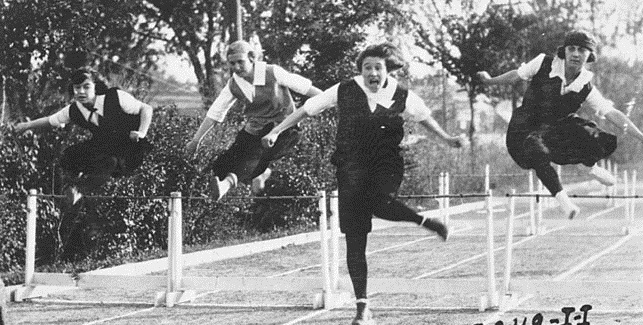There are hundreds of baseball players who’ve gotten special dispensation to use amphetamines in one form or another for “medical reasons,” which makes little sense. Yet a player trying to rehab from a legitimate injury with use of HGH under a doctor’s guidance isn’t allowed to do so. There are enough loopholes and inconsistencies in every sport’s drug policy to boggle the mind.
From “A Doping Manifesto,”
“Sport originally evolved as a way of showing off our genetic fitness. Displaying great speed, strength, intelligence, ingenuity and co-ordination in public demonstrated to potential mates your capability to survive and reproduce. It appears that we haven’t come far. One French study by Charlotte Faurie, Dominique Pontier and Michel Raymond published in Evolution and Human Behavior in 2004 reported that: ‘Both male and female students who compete in sports reported significantly higher numbers of partners than other students, and within the athletes, higher levels of performance predicted more partners.’ Perhaps because of the status bestowed by athletic prowess, sportsmanship – the spirit of sport – has come to embody the values we promote in society as a whole. As Dick Pound of WADA said: ‘You respect the rules, you respect your opponents, you respect yourself. You play fair. I think that bleeds over into life as well.’
The values behind the spirit of sport are defined by WADA as: ethics, fair play and honesty; health; excellence in performance; character and education; fun and joy; teamwork; dedication and commitment; respect for rules and laws; respect for self and other participants; courage; and community and solidarity.
Sport is meant to show humans ‘at their best’. It allows us to demonstrate determination, striving, struggling and conquering. Sport is also meant to capture the human spirit. That’s why, the argument goes, if doping were legal it would still be cheating, because sport would no longer be testing those fundamental human virtues and capacities, but would merely showcase the wonders of the modern pharmaceutical industry (or your other favourite supplier of dope).
Yet doping is not always contrary to these values.”






